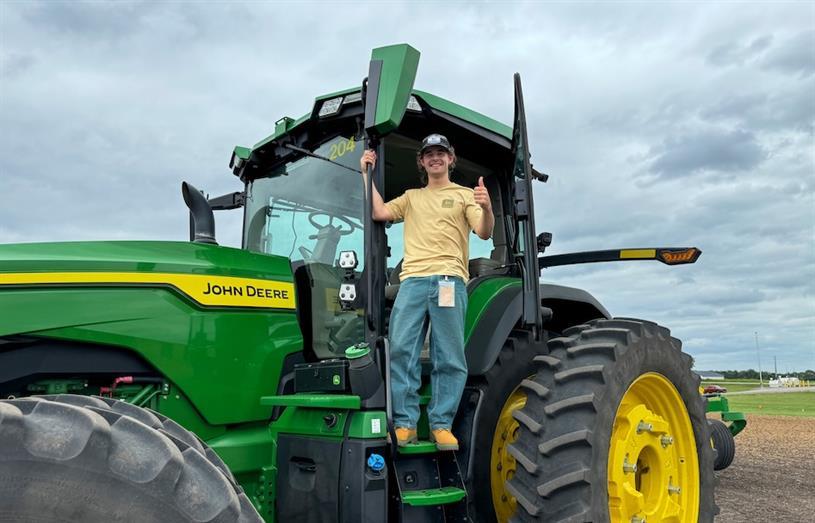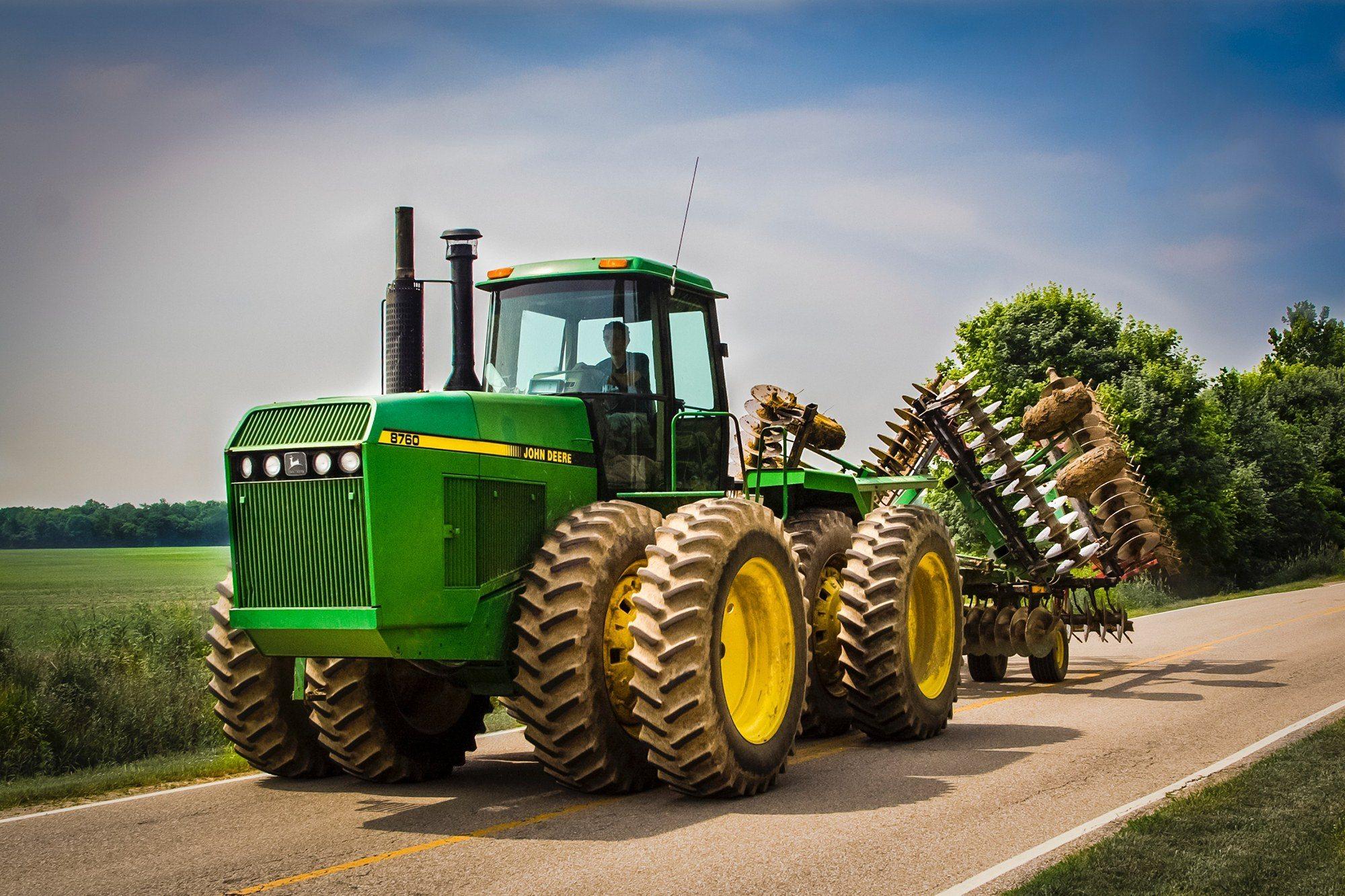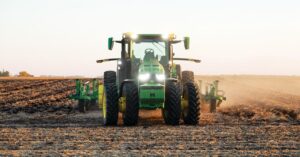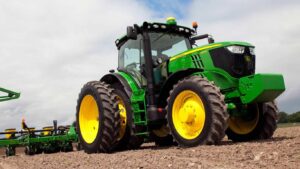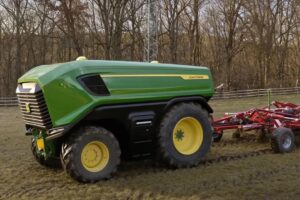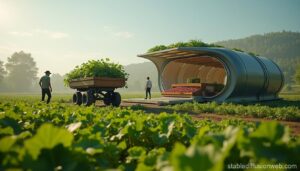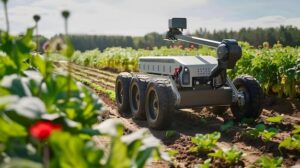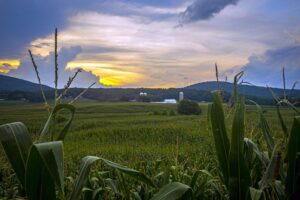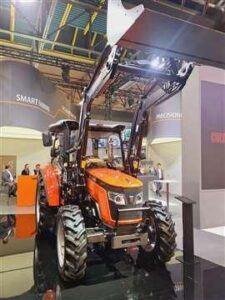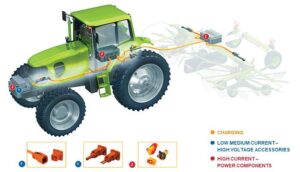In a significant move toward agricultural automation,John Deere has unveiled its latest line of AI-powered farming equipment,marking a new chapter in precision agriculture. The technology integrates machine learning algorithms with traditional farming machinery to optimize crop management and resource allocation. This launch represents the company’s response to growing demands for smart farming solutions amid global agricultural challenges and labor shortages. Agricultural technology takes a quantum leap forward as the industry leader unveils its latest suite of autonomous farming solutions. The cutting-edge equipment integrates artificial intelligence and machine learning capabilities to revolutionize traditional farming practices,offering unprecedented precision and efficiency in field operations.
The new line features advanced sensor arrays that continuously monitor soil conditions, crop health, and weather patterns in real-time. These sensors feed data into a sophisticated AI system that makes instantaneous adjustments to optimize performance. The equipment can identify and respond to various challenges, from varying soil compositions to pest infestations, without human intervention.
Farmers can now manage entire operations remotely through a comprehensive digital platform. The system’s predictive analytics capabilities enable better decision-making by forecasting maintenance needs, optimal harvesting times, and potential equipment issues before they occur. This proactive approach significantly reduces downtime and increases overall productivity.
Notable among the new releases is an autonomous tractor that utilizes computer vision and deep learning algorithms to navigate fields with centimeter-level accuracy.The machine can operate 24/7,automatically avoiding obstacles and adjusting its route based on field conditions. This capability enables farmers to maximize efficiency during crucial planting and harvesting windows.
The equipment’s AI system learns from each operation, continuously improving its performance through accumulated data. This machine learning aspect means the equipment becomes more efficient over time, adapting to specific farm conditions and requirements. The technology also includes advanced cybersecurity features to protect sensitive farm data and prevent unauthorized access.
Environmental sustainability stands at the forefront of the design ideology.The AI-driven systems optimize fuel consumption and reduce chemical usage through precise application methods. Smart spraying technology can distinguish between crops and weeds, applying herbicides only where needed, resulting in up to 90% reduction in chemical usage.
Integration with existing farm management systems ensures seamless operation across different equipment brands. The open architecture platform allows third-party developers to create custom applications, expanding the system’s capabilities beyond its initial design parameters.
Economic analysis indicates potential yield increases of up to 15% while reducing operational costs by 20%. The initial investment, while substantial, demonstrates a positive return on investment within three growing seasons for most farming operations.
real-world testing across various agricultural environments has validated the technology’s reliability and performance. Early adopters report significant improvements in operational efficiency and crop yields, with reduced labor requirements and lower environmental impact. The technology’s scalability makes it suitable for both small family farms and large commercial operations, marking a significant step toward the future of agriculture.